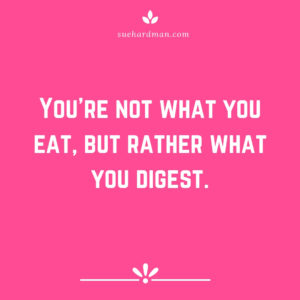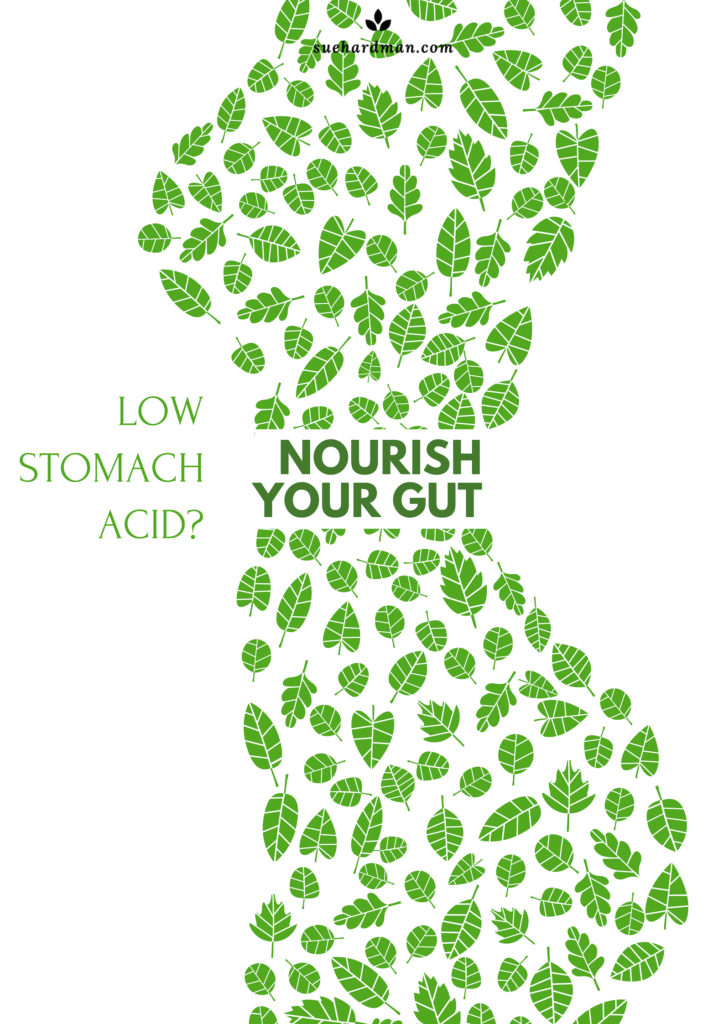Rose A Herbal Healer
The rose is steeped in legend and symbolism from Greek mythology, the Eastern traditions and also in Roman legends. Since those early days the rose has not only been appreciated for its beauty and perfume but also for its medicinal values.
One of the most sensuous and romantic of flowers – is used as a symbol of love in western cultures, of divine love in the church, as a food in the middle east and in skin and perfume preparations since Egyptian times.
In Ayurveda they say rose treats the heart, nerves, and lifts the spirits. It has an affinity for the blood and has a certain astringency that stops bleeding and reduces inflammation, so it’s very beneficial when there are signs of heat (in Ayurveda high Pitta in one’s constitution) – like a red tongue, agitation, hot flushes, lots of blood, irritability and emotional sensitivity.

The areas where I tend to find rose most beneficial, as a Naturopath and Herbalist, is for women who have issues with PMT, hormone imbalance or who have periods that are painful, excessive or irregular, it is helpful with infertility and to increase sexual desire.
If there is an underlying anxiety, nervousness, sadness or grief the role of rose is nourishing on the nervous system. It has a calming effect on the emotions and the heart.
I would also recommend using Rose in the following situations:
– for fevers, rashes, infections, colds & flu
– as a tea to help clear heat & boost immunity
– for hyperacidity, diarrhea, excess phlegm
– rose water is an excellent cleanser used to soothe the skin
– to help with tissue repair with skin blemishes, acne, minor cuts and fine lines
How to use Rose
- PMT or problems with your periods – try drinking 2 -3 cups of Rose tea daily.
- Feeling irritable or sad – add rose otto essential oil to your bath or rub it on your forehead or over your heart area. Drink the tea.
- Red skin and acne – spray your face with Rose water after cleansing. The best toner ever!
- Inflamed red eyes – spray rose water onto cotton pads and place over eyelids
To find out more about how you can work with me – please see the different options HERE
Also if you’d like to receive future newsletters or blogs straight to your inbox, please sign up HERE in the sign-up box.
‘The Good Health Guide’ newsletter is filled with inspiration, practical, easy to follow tips and articles on healthy eating, recipes, exercise and natural medicines to help you live a healthier life.
 Even thinking about someone who loves us or someone we deeply care for, is enough to activate the release of oxytocin in the brain and that’s why it’s known as the feel good hormone.
Even thinking about someone who loves us or someone we deeply care for, is enough to activate the release of oxytocin in the brain and that’s why it’s known as the feel good hormone. So share a little kindness and affection as it can go a long way – you’ll feel good and so does the other person, pass the good feelings and improve your own health.
So share a little kindness and affection as it can go a long way – you’ll feel good and so does the other person, pass the good feelings and improve your own health. Lavender has been used and cherished for centuries, the Egyptians and Romans used Lavender for bathing, relaxation, cooking, and as a perfume.
Lavender has been used and cherished for centuries, the Egyptians and Romans used Lavender for bathing, relaxation, cooking, and as a perfume. ed aromatically,
ed aromatically, I also add this to my home cleaning products – has a fabulous fresh smell. No wonder most of the store bought products have lemon fragrance (artificial at best)
I also add this to my home cleaning products – has a fabulous fresh smell. No wonder most of the store bought products have lemon fragrance (artificial at best)









